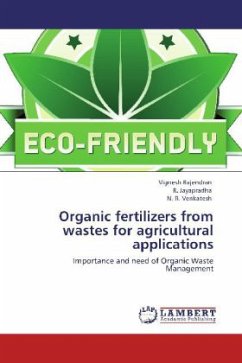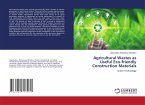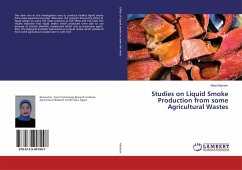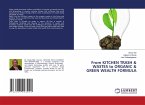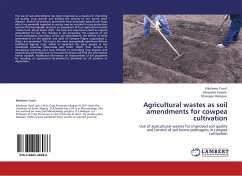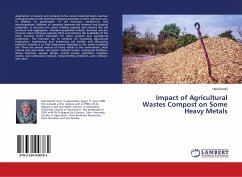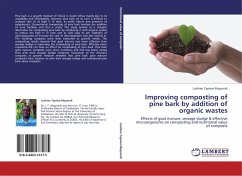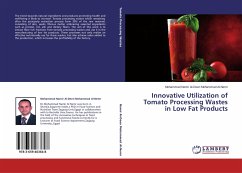Organic fertilizers are generally by-products from animals or vegetables. Organic fertilizers come in a variety of forms, including granular, liquid and powder. The nutrients in organic fertilizers are released much more slowly than inorganic fertilizers. The organic matter is broken down by micro-organisms in the soil and converts it to a water-soluble form that plants are able to absorb. These fertilizers not only provide essential nutrients to plants, they also improve soil structure and helps in the moisture retaining capacity in various soils. Good soil structure makes it easier for the roots of plants to reach moisture and to absorb the nutrients in the soil. Quick-release fertilizers generally are high in nitrogen and highly soluble in rain water can wash them right down the storm drain, directly into our waterways and ground water. Continuous disposal of agricultural waste has led to soil pollution of and emissions of CH4, CH4 generation from uncontrolled dumping activities will inevitably contribute to GHG generation which in turn can impact global climate change; hence there is a need to reduce the amount of agricultural waste by recycling them into valuable fertilizers.
Bitte wählen Sie Ihr Anliegen aus.
Rechnungen
Retourenschein anfordern
Bestellstatus
Storno

